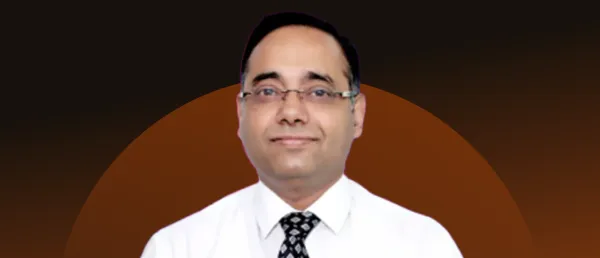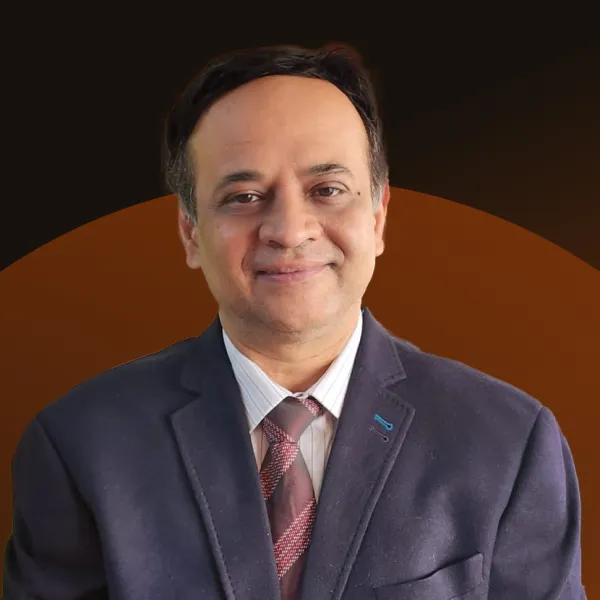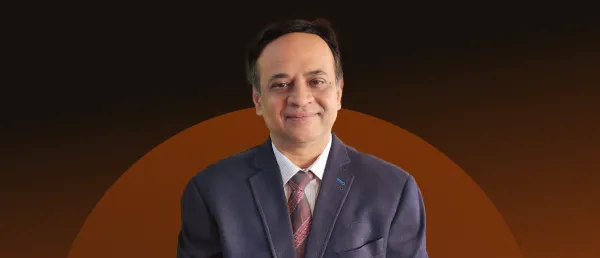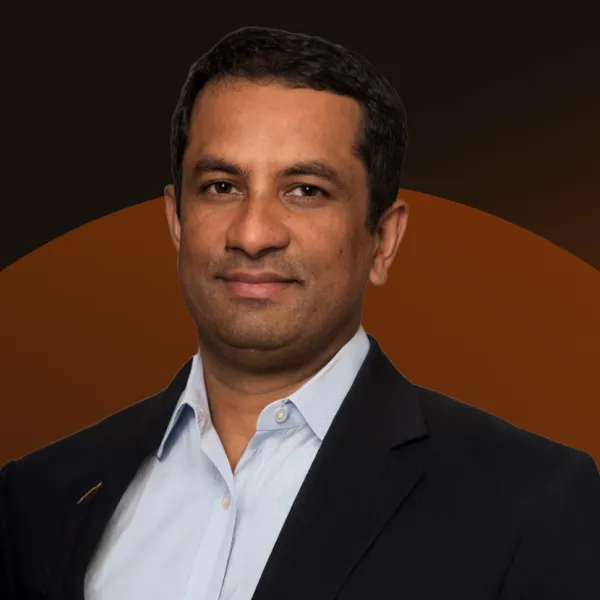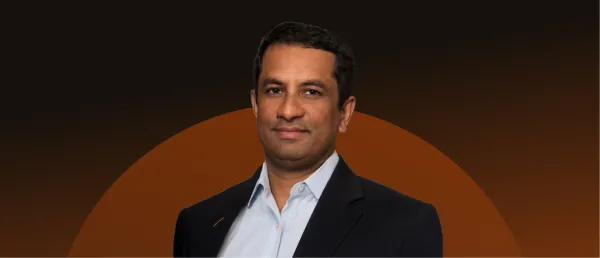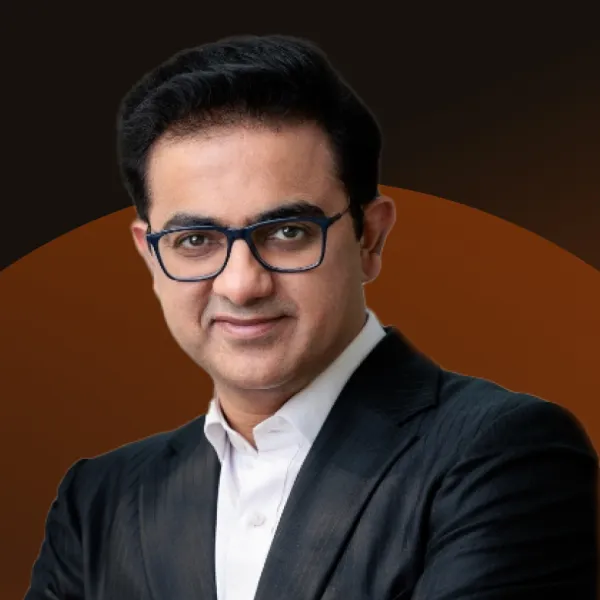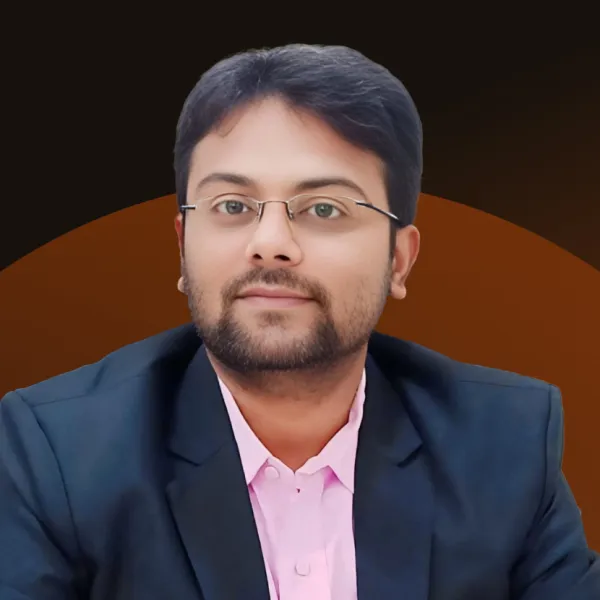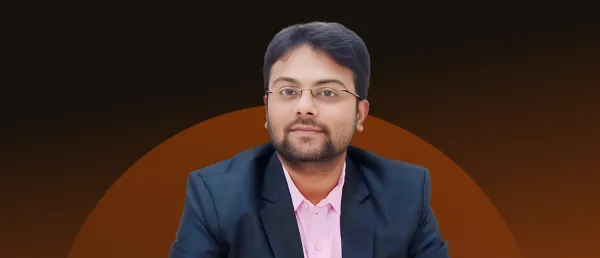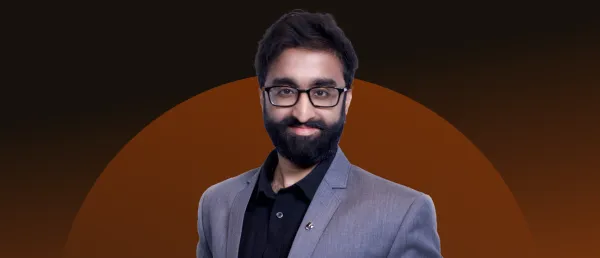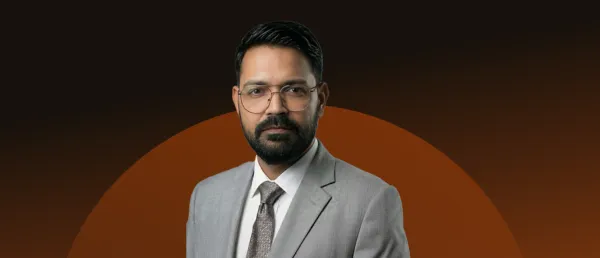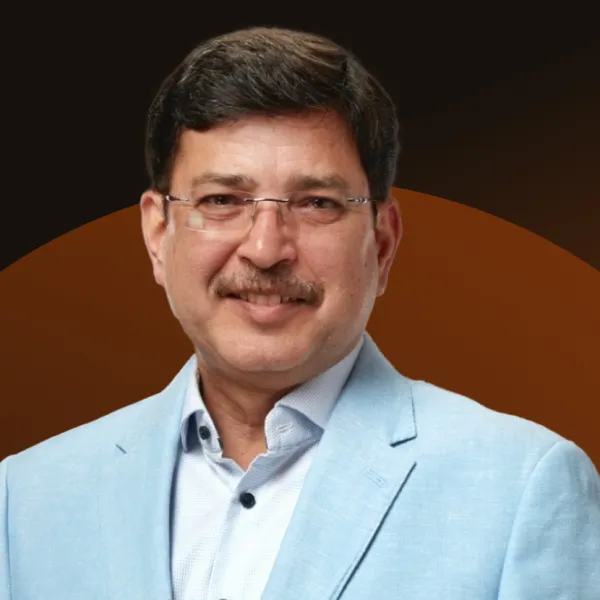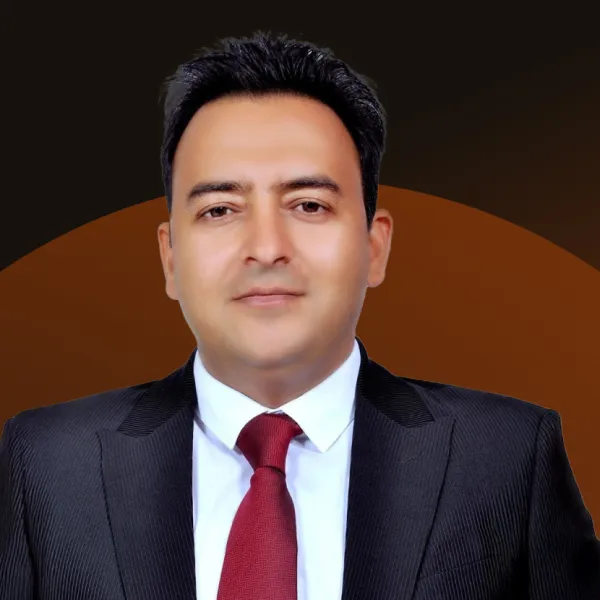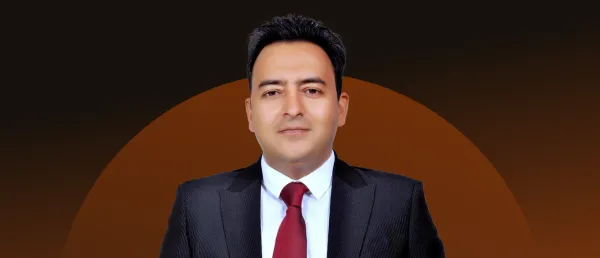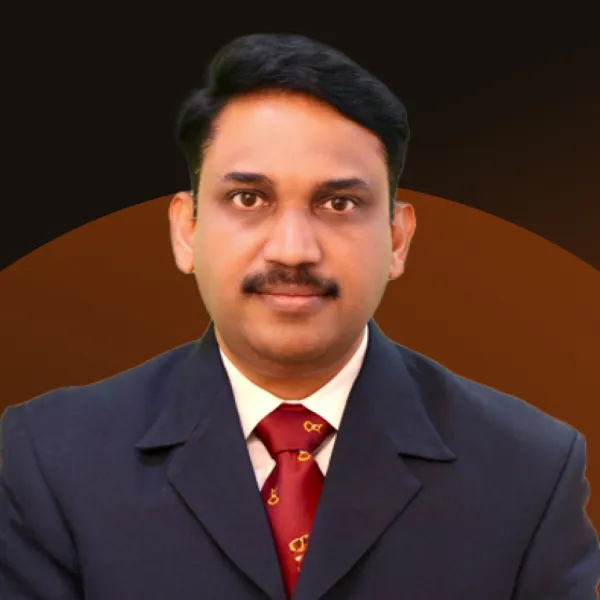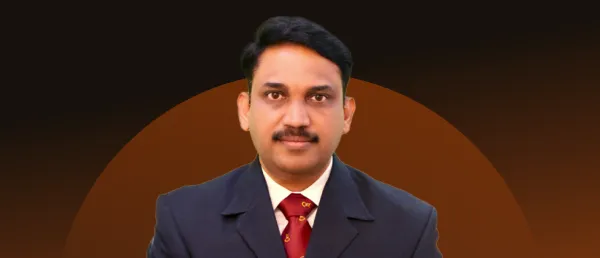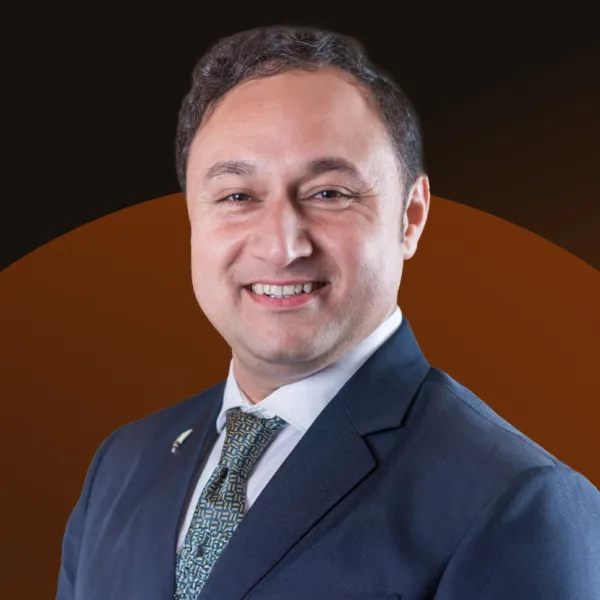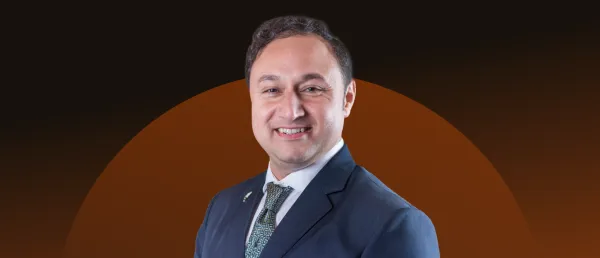Racing Against Time: The Anxiety Crisis in a Fast-Paced Society

By Rhea Doshi, Co-founder & CEO, Happetive
In today’s rapidly evolving world, the constant pressure to succeed, stay connected, and multi-task has left many grappling with anxiety. We are living in a time where the phrase "racing against time" feels all too real. From the demands of work to personal life, and from social media’s ever-pressing updates to a relentless global news cycle, our society's fast pace has triggered a significant rise in anxiety-related disorders. But what exactly is anxiety, and why has it become so prevalent in this modern age?
Unlock the Future of Digital Health — Free for 60 Days!
Join DHN Plus and access exclusive news, intelligence reports, and deep-dive research trusted by healthtech leaders.
Already a subscriber? Log in
Subscribe Now @ ₹499.00Stay tuned for more such updates on Digital Health News








